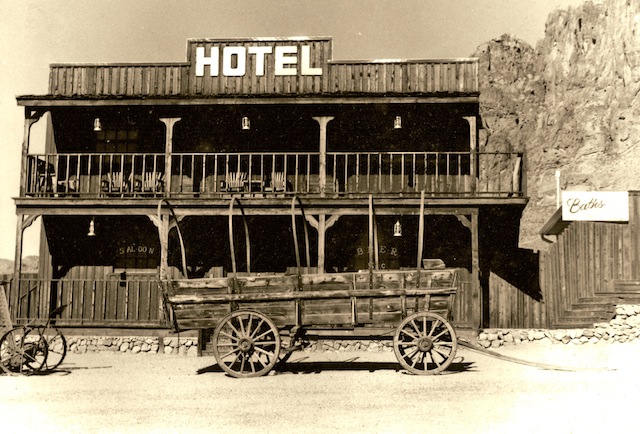As Apple becomes the highest capitalised stock in US market history, former daily deals site and market darling Groupon continues to sink into misery.
Groupon led the group buying mania of 2011 and its stock market float in November of that year valued the business at 13 billion dollars, ten months later the business has a capitalisation of three billion, wiping out three quarters of its IPO shareholders’ investment.
To make matters worse for the daily deals site the New York Times features a story looking at deal fatigue, where customers tire of the daily emails offering discounted cafe meals or personal training while businesses find the deals just aren’t worth the trouble.
“I pretty much had to take a loan out to cover the loss, or we would have probably had to close,” the Times quotes Dyer Price, owner of Muddy’s Coffehouse in Portland, Oregon. “We will never, ever do it again”
In a straw poll, the Times correspondent visited neighbouring businesses who had similar stories.
The common factor with all the business horror stories surrounding group buying or deal of the day sites is high pressure sales tactics that blind the merchant to the downsides of these offers.
For these services, it’s essential to move through as many deals as possible so salespeople are driven to sign up as many merchants as possible. When you put pressure on sales teams, they tend to behave in ways that aren’t always good for customers.
Most of the customers Groupon attracts – or those of other deal of the day sites – are price sensitive and fussy. Having demanded their deal, most of these customers are not coming back so it may well be that daily deals are the most expensive, disruptive and pointless marketing channel ever invented.
The results of the high pressure tactics are shown in a Venture Beat story which claims Groupon is now threatening to sue unhappy merchants as payments slow and the daily deals struggle to attract customers.
What was always misunderstood during the group buying mania was that Deal Of The Day sites weren’t really technology plays – they were reliant on good sales teams driving deals. The technology being used was incidental to the core business concept.
In this respect, services like Groupon had more in common with the Yellow Pages or multi-level marketing schemes. It was about salespeople delivering orders and taking a percentage off the top. To compare Groupon with Google, Facebook or any tech start up was really missing the point.
This isn’t to say that group buying or deals of the day services don’t have a role in business. For retailers clearing inventory, hotels working around quiet periods or new businesses wanting to get attention in a crowded marketplace, there’s an argument for offering a deal on one of these sites.
For most though it was an expensive and pointless exercise that attracted the picky, price sensitive customers that most business would avoid rather than encourage. That’s the harsh lesson learned by many of the businesses who fell Groupon’s fast talking salesteams.




